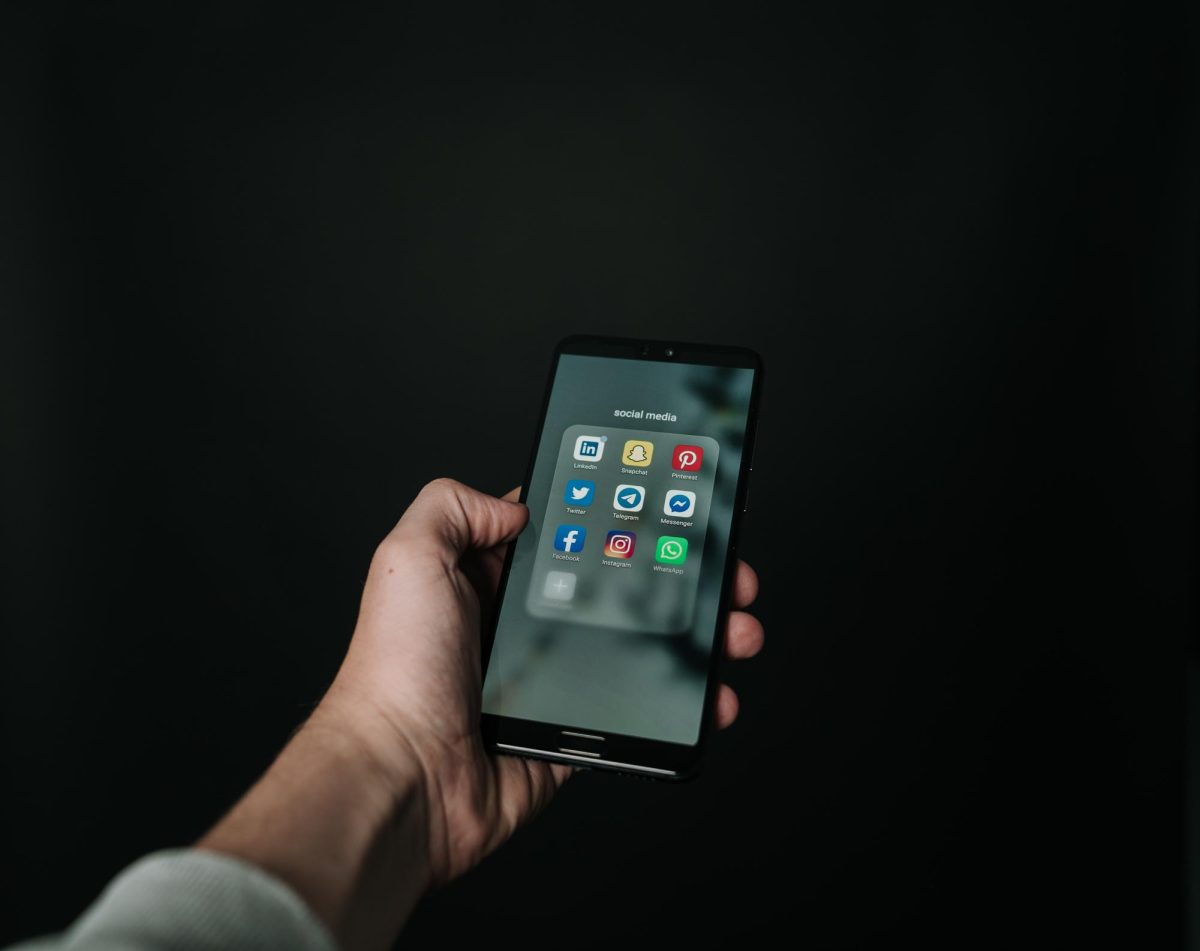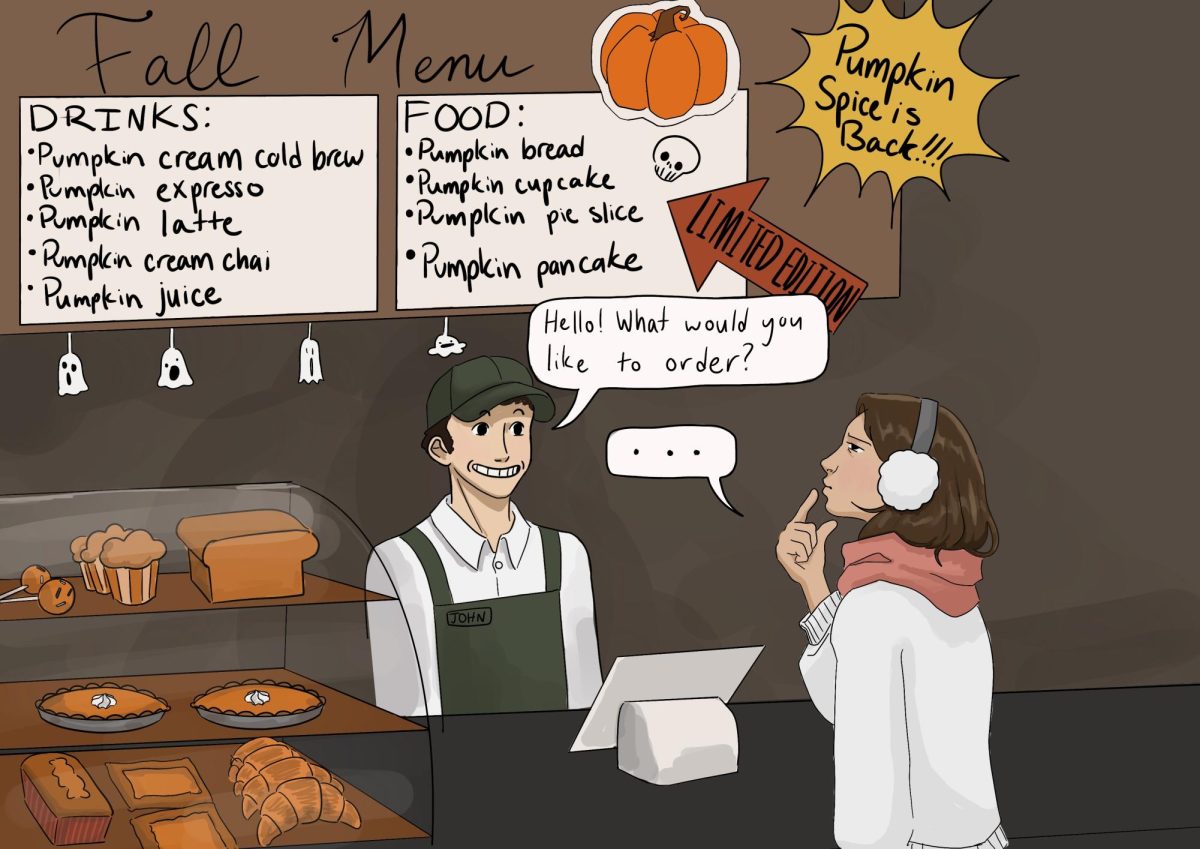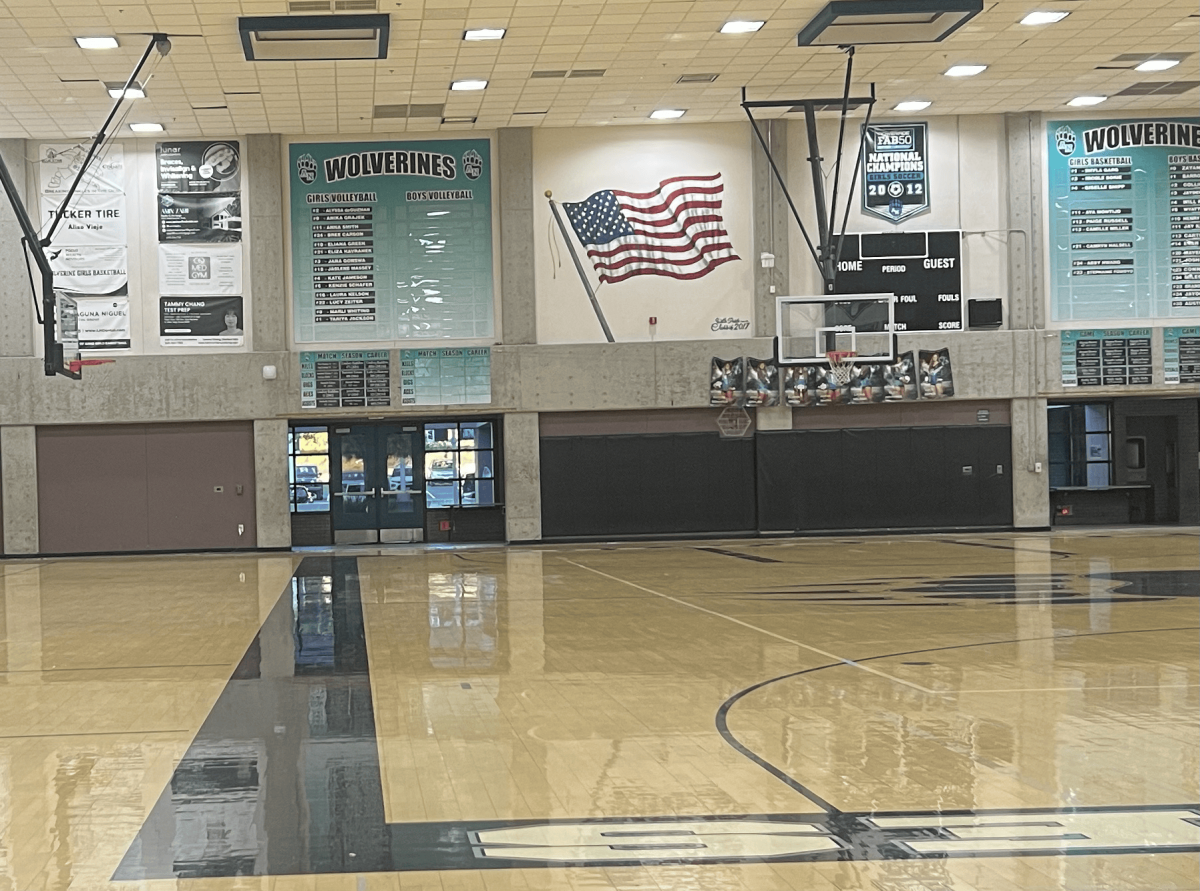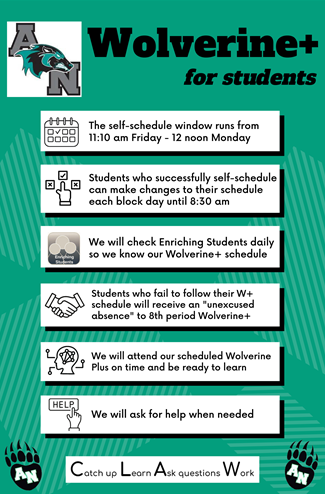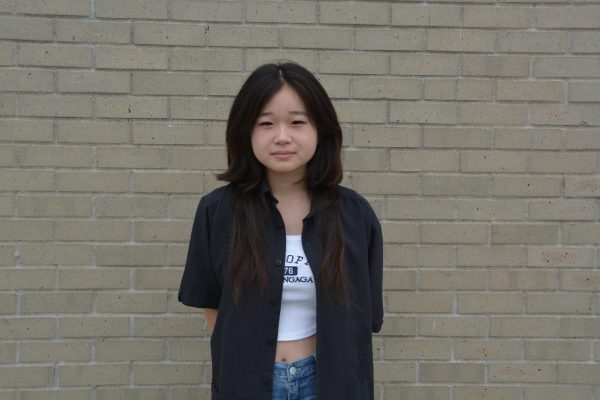Social media has become a prominent part of student life; however, many students stress that it is taking a toll on their academic life.
With the emergence of new digital interconnection, social media has become a key presence in the lives of students. Platforms like Instagram, Snapchat, and TikTok provide a space where students can share their lives, connect with friends, and most importantly, escape from the hectic reality of life. But with the boundaries between online and offline existence increasingly blurring, the pertinent question is whether social media is having an impact on student’s academic pursuits and if this form of escapism affects their lives.
“On average, I go on social media for about six to eight hours a day after school,” said Mina Qasim (12).
Concentration and productivity are major concerns when there are never-ending notifications and the irresistible urge to scroll through feeds. It’s not hard for students to give in to the temptation of a quick social media check, only to realize that they have spent several hours on it. This can result in late-night cramming and sleepless nights that lead to poorer performances at school during the day.
“I would go on social media often and check if I missed any new posts or stories so I don’t miss out,” said Kyler Jeong (12).
The fear of missing out is fueled by social media as students become distressed about the content they are missing every hour they put down their phones. FOMO can also fuel
procrastination as it hinders the schedule students have set up for themselves academically.
However, social media has also changed in recent years. Many more study materials are being shared along with entertainment.
“There are videos on social media that are helpful like online notes and information videos,” said Kaila Kelly (12).
If students manage to control the algorithm on social media, their feed can be trained to have educational resources. Social media can be beneficial for learning and collaboration if used mindfully. Educational platforms, discussion forums, and online study groups on social media enhance the learning experience. Although students have another way of developing a supportive online community that complements their academic journey, the cons outweigh the pros.
“Sometimes when I go on my phone to do something, I end up on TikTok somehow and spend a few hours on it,” said Kyler Jeong (12).
Sometimes students unconsciously spend hours on social media and this takes away from the student’s tight study time after school. This is a distraction that many students cannot afford as students like seniors prepare for their college applications and study for exams.
Overall, social media is a form of entertainment for many students and it provides many benefits to students such as connection with peers and offering educational resources. In the end, however, social media is one of the main distractions to students’ academic achievements and students should be wary of how they spend their time.
